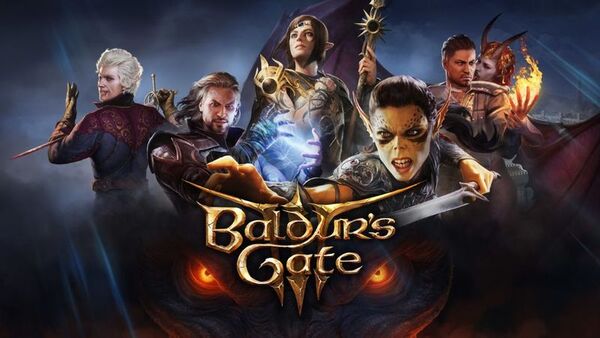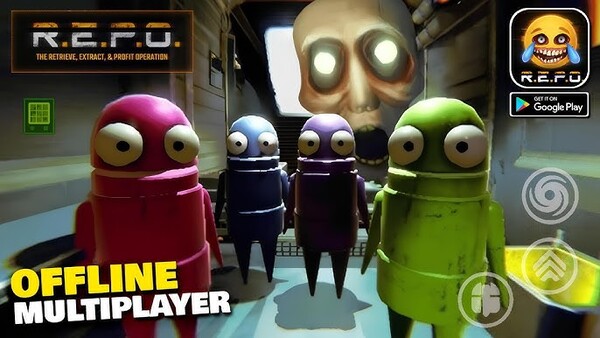
Toca Boca World
All trademarks belong to their respective owners.
Advertisement
Popular Now
Introduction
Toca Life, developed by Toca Boca, is a popular game that allows children to explore different environments and create their own stories. While it fosters creativity and imagination, there are underlying concerns about its impact on children's development. This article delves into issues like the lack of educational content, limited social interaction, and the potential negative effects of excessive screen time.
1. The Allure of Open-Ended Play
Toca Life's open-ended nature allows children to engage in free play, which promotes creativity. However, the absence of structured goals can also hinder the development of more complex storytelling and problem-solving skills.2. The Role of Nonlinear Storytelling
The game's nonlinear structure encourages imaginative play but might limit children’s ability to create more structured, coherent narratives, affecting their overall storytelling abilities.3. Lack of Educational Content and its Consequences
Toca Life offers little educational content, focusing primarily on imaginative play. While fun, this lack of structured learning could be a missed opportunity for older children who might benefit from more educational elements.4. The Appeal of Role-Playing and Identity Creation
Through role-playing, children can explore different characters and scenarios, which helps with self-expression and empathy. However, the single-player experience limits social learning and development of collaboration skills.5. The Illusion of Choice: Limited Gameplay Options
 Though the game offers a vast world to explore, the choices within Toca Life are finite, which can lead to player frustration and diminished interest over time.
Though the game offers a vast world to explore, the choices within Toca Life are finite, which can lead to player frustration and diminished interest over time.
6. The Impact on Screen Time and Children's Health
Excessive screen time, especially with passive games like Toca Life, can contribute to health issues, such as poor sleep quality and reduced physical activity.7. The Role of Microtransactions in Toca Life
Microtransactions, while not required, raise concerns about teaching young players the concept of spending money on virtual goods, potentially fostering materialism.8. Toca Life and Emotional Regulation
The game allows children to create scenarios that help them express and process emotions. However, relying too heavily on digital spaces may prevent children from developing coping mechanisms in real-life situations.9. Parental Controls and Oversight in Toca Life
 While Toca Life offers parental controls to monitor usage and in-app purchases, parents may struggle with managing the balance between screen time and other important activities.
While Toca Life offers parental controls to monitor usage and in-app purchases, parents may struggle with managing the balance between screen time and other important activities.
















